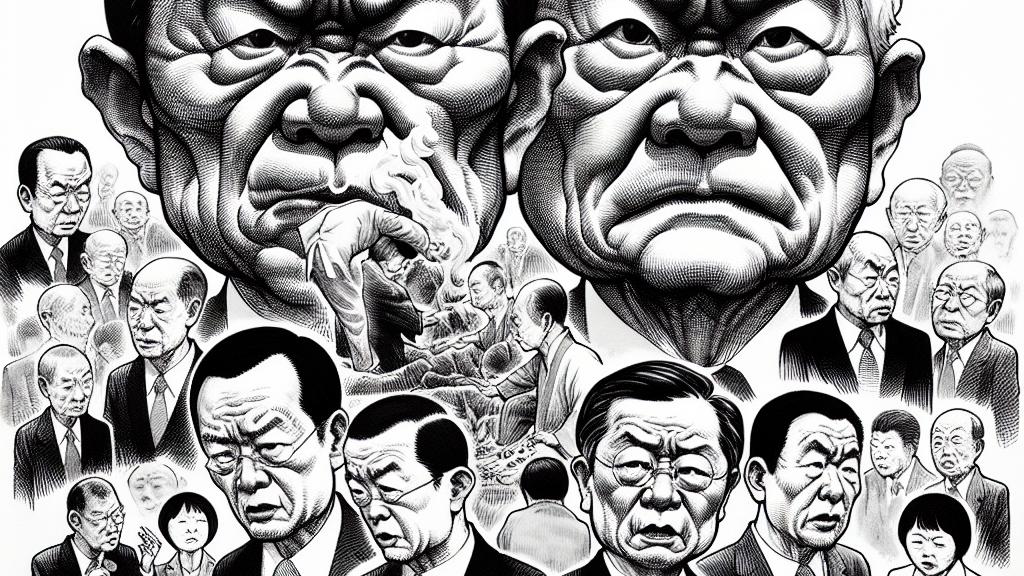The Dangers of Cult Politics: The Choice that Shaped Ishiba's Leadership in the Japanese Diet
Overview
- Shigeru Ishiba's ascension to Prime Minister represents a dramatic shift in Japan's political landscape.
- The rising tide of public distrust toward the LDP ignites calls for urgent political reforms.
- As the pressing need for accountability increases, citizens eagerly seek a government that genuinely serves their interests.

Political Dynamics in Japan
The political stage in Japan transformed dramatically with Shigeru Ishiba's election as Prime Minister, a change that many view as a response to the growing discontent among voters. His close contest with Sanae Takai not only highlighted intense factional battles within the ruling Liberal Democratic Party (LDP) but also revealed the complexities that parties face in rebuilding their reputation. For example, Ishiba's victory came not just from solid campaigning, but also from the recognition of the public's eagerness for reform amidst ongoing criticisms regarding financial misconduct linked to prominent party members. The implications of this election extend far beyond party lines, as they signal a more profound shift in political expectations among the electorate.
Public Sentiment and Party Image
Public sentiment today reflects a robust demand for transparency and accountability from Japan’s political leaders. A recent survey, for instance, highlighted that approximately 75% of citizens believe the LDP must fundamentally reform its practices to regain voter trust. Young voters, in particular, resonate with candidates like Takai, who champion ethics and inclusion, demonstrating a sharp generational divide. For instance, a comparison of voting patterns reveals that younger demographics are increasingly supporting non-traditional candidates, creating an urgent call for the LDP to adapt or risk further alienation. This growing frustration is fueled by the alarming number of financial scandals that have plagued the party, compelling many voters to seek alternatives that promise responsible governance.
Future Challenges and Expectations
As Ishiba embarks on his leadership journey, he navigates a precarious landscape fraught with challenges. He must tactically manage internal divides while also addressing heightened public expectations for reform. The formation of the 'Political Reform Headquarters' marks a decisive movement towards establishing a platform for dialogue and transparency, which many view as essential for restoring faith in the political system. However, the real test lies in Ishiba's ability to unify conflicting factions within the LDP and lay out a clear path toward substantive reforms that resonate with the electorate's demands. If he successfully bridges these gaps and prioritizes dialogue over discord, there’s potential for a transformative era of governance—one that could redefine the relationship between the government and its citizens and set Japan on a path toward renewed confidence in its political institutions.

Loading...